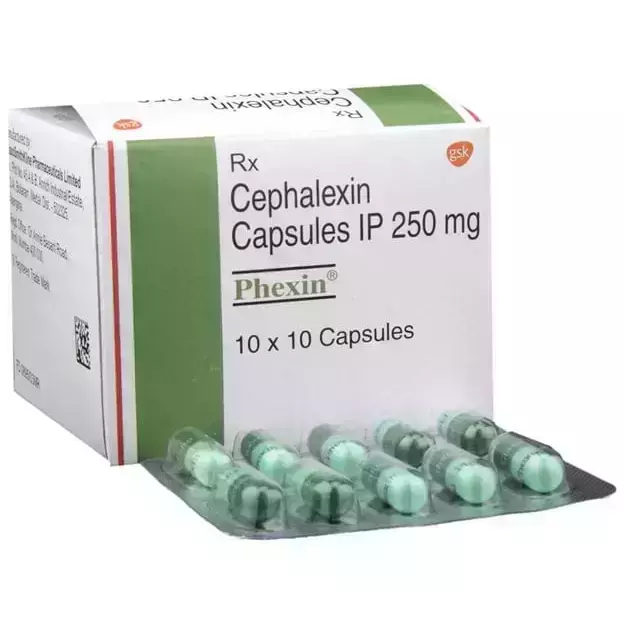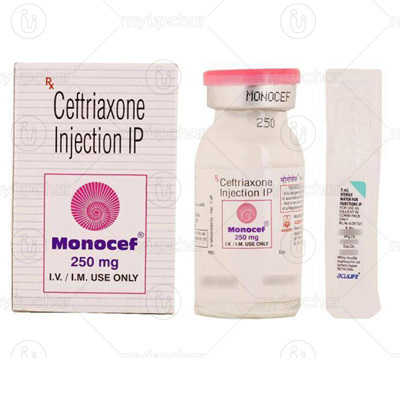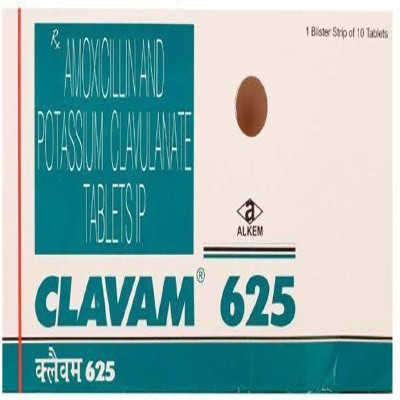Q Cef, a prescription drug, is manufactured in various forms such as Capsule, Tablet. It is typically used for the treatment of Bacterial Infections. Q Cef also has some secondary and off-label uses. These are listed below.
Medical history of the patient along with age and gender determines the dosage of Q Cef. Dosage also depends on the route of administration and your chief complaint for which the drug is prescribed. For detailed information on this, read through the dosage section.
The most common side effects of Q Cef are Nausea or vomiting, Allergic reaction, Rash. Besides the aforementioned side effects, there are other adverse effects of Q Cef as well, which are listed below. These side effects of Q Cef are usually temporary and subside with the completion of treatment. Please speak with your doctor if these side effects worsen or persist for a longer duration.
Furthermore, you should know that effect of Q Cef is Safe for pregnant women and Safe for women who are breastfeeding. Warnings related to Q Cef's effects on the liver, heart and kidney, if any, have been listed below.
Some other conditions that can be affected by Q Cef are listed in the contraindications section below.
Drug interactions for Q Cef have been reported in the medical literature. A complete list of these interactions is given below.
In addition to these precautions, you may also note that Q Cef is safe while driving, and is is addictive in nature.
X























